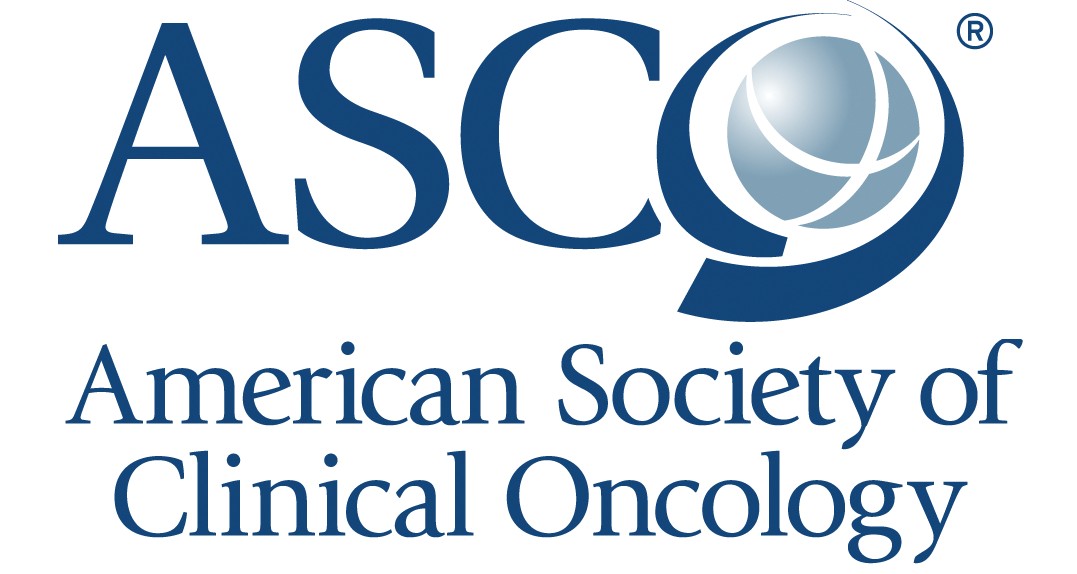Share this Page:
Studies looking at the genes of people with kidney cancer have shown mutations in a gene called the von Hippel-Lindau (VHL) gene. This results in high levels of a protein called hypoxia-inducible factor, or HIF-2α in the blood of these patients. This causes changes in the cancer cells resulting in the growth of the tumour. A new medicine, called a hypoxia-inducible factor 2α (HIF-2α) inhibitor, or belzutifan, is a tablet that blocks the action of HIF-2α.
An earlier study showed that belzutifan had long-lasting anti-tumour activity and was tolerable for people with pre-treated metastatic kidney cancer.
At the American Society of Clinical Oncology (ASCO) Annual Meeting this week, updated results from this trial presented more than 3 years of follow-up data. Of the 55 patients in the study, 16% of patients remained on belzutifan after 3 years. 62% of patients had stopped treatment because, unfortunately, their cancer got worse.
The average time to when the treatment stopped working and the cancer started growing again was 14.5 months. The cancer was controlled in 80% of patients.
40% of patients had a serious side effect, mostly low blood iron levels (anaemia) and low blood oxygen levels (hypoxia). There were no life-threatening side effects or deaths during the 3 years of follow-up that were caused by the treatment.
These results show that belzutifan can control the cancer in a large proportion of patients with metastatic kidney cancer who have already been treated with anti-cancer medication. Belzutifan is a tolerable treatment for these patients. A phase 3 trial in metastatic kidney cancer patients is underway, comparing belzutifan to everolimus. If that study shows an advantage to taking belzutifan over everolimus, belzutifan will likely be approved as a treatment option for patients with metastatic kidney cancer in the next year or so.















